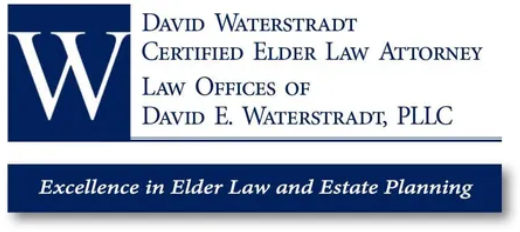
What is the Difference Between a Will and a Trust?
Understanding the Key Differences Between Wills and Trusts
When estate planning, one of the most important decisions you can make is how your assets will be distributed when you’re gone. In Michigan, estate planning tools like wills and trusts offer different approaches to managing your property and ensuring your wishes are honored. Understanding the key differences between a will and a trust can help you make informed decisions that protect your loved ones and your legacy.
What Is a Will?
A will, formally known as a last will and testament, is a legal document that outlines your wishes regarding the distribution of your property after your death. It can also designate guardians for minor children and appoint a personal representative (executor) to handle the administration of your estate.
In Michigan, a will must meet the following requirements to be legally valid:
- The testator (person creating the will) must be at least 18 years old and of sound mind.
- The will must be in writing and signed by the testator.
- The will must be signed by at least two witnesses who observed the testator’s signature.
Wills in Michigan are subject to probate, the legal process through which a court oversees the administration of your estate. While probate provides legal oversight, it can also be time-consuming and public, meaning your estate information becomes part of the public record.
What Is a Trust?
A trust is a legal arrangement that allows a third party, called a trustee, to hold and manage assets on behalf of a beneficiary. Trusts can be used for a variety of purposes, such as avoiding probate, minimizing taxes, or managing assets for minors or individuals with special needs.
The most common type of trust used in estate planning is a revocable living trust. This type of trust is created during your lifetime and can be modified or revoked at any time as long as you are mentally competent. When you create a living trust, you typically transfer ownership of your assets into the trust. You can serve as the trustee during your lifetime and name a successor trustee to take over upon your death or incapacity.
Unlike a will, a properly funded trust avoids probate, which can speed up the distribution process and keep your affairs private. Additionally, trusts can provide greater control over when and how your beneficiaries receive their inheritance.
Key Differences
A will only takes effect after death and must go through the probate process, which is public and can be time-consuming. It allows for the designation of guardians for minor children but offers limited control over how assets are distributed.
In contrast, a trust becomes effective as soon as it is created and properly funded, allowing assets to be managed during your lifetime and after death without going through probate. Trusts offer greater privacy and more detailed control over how and when assets are distributed but cannot be used to appoint guardians for minors.
Is a Will or a Trust Right for You?
Estate planning attorneys have helped many Michigan families navigate the complexities of wills and trusts. The right strategy depends on your unique goals, family situation, and the assets you own.
If you have minor children, a will is essential to name a guardian. However, if your priority is avoiding probate, maintaining privacy, or ensuring your assets are distributed according to specific conditions or timelines, a trust may be the more effective tool. In many cases, a comprehensive estate plan includes both a will and a trust to provide the most protection and flexibility.
During your estate planning consultations, you can take the time to evaluate your needs. Your estate planning attorney will recommend the best combination of tools to help you protect your legacy and provide clarity for your loved ones.
Do You Need an Estate Planning Attorney in Muskegon, MI?
Estate planning isn’t one-size-fits-all. Whether you’re looking to create a simple will, establish a living trust, or review an existing plan, working with an experienced attorney ensures your documents are legally sound and tailored to your life circumstances. If you are looking for an estate planning attorney in the Fremont, Norton Shores, Whitehall, Coopersville, or surrounding areas, contact the Law Office of David Waterstradt today!








